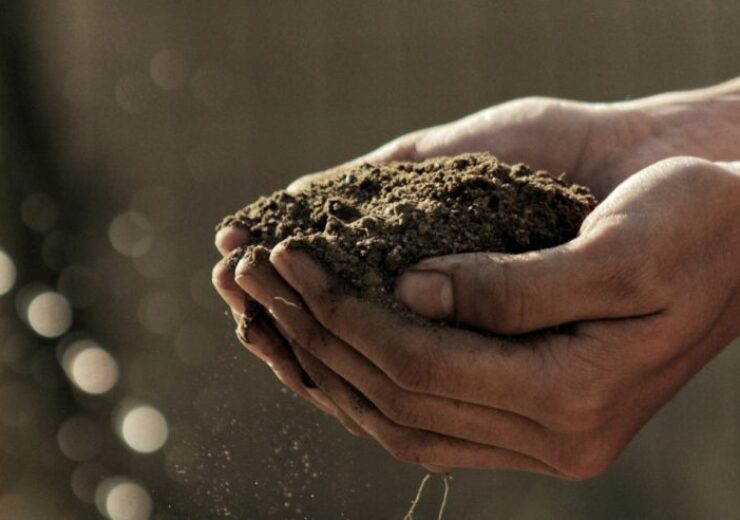Data from the pilot will be shared to help shape international standards for field testing compostable packaging and contribute to the launch of an open-source results database

The project marks a milestone for the Consortium. (Credit: Closed Loop Partners)
The Composting Consortium, a collaboration of industry partners managed by Closed Loop Partners, announced Monday the launch of its Compostable Packaging Degradation Pilot.
The initiative is the most comprehensive collaborative study of real-world compostable packaging disintegration in the U.S. to date. The project marks a milestone for the Consortium, as it aims to improve available data on how certified, food-contact compostable foodware and packaging are currently breaking down at various types of composting facilities––from static piles to worms to GORE covers.
Working with these industrial composting facilities across the U.S., the Compostable Packaging Degradation Pilot will evaluate the disintegration of more than 30 types of certified compostable products and packaging––including compostable cutlery, molded fiber bowls, bioplastic cups and snack packaging––across facilities operating with varying climates, composting methods and equipment. Data gathered from the assessment will inform the Consortium’s broader work to align the rapid growth of compostable packaging with on-the-ground operational and business needs of industrial composters.
Pilot development was informed by the expertise of the Consortium’s partners, including key industry collaborators such as the US Composting Council (USCC) and the Compost Research and Education Foundation (CREF), as well as the Biodegradable Products Institute (BPI), BioCycle, Resource Recycling Systems (RRS) and consumer and packaging brand companies. These key stakeholders contributed technical knowledge to ensure that the pilot’s objectives, methodology and data align with the operational realities of composting facilities, as well as support circular and economically viable outcomes for composters.
Data collected from this pilot will be donated to the Compostable Field Testing Program (CFTP), a non-profit international research platform which facilitates field testing across North America. The CFTP is designed to develop comprehensive baseline data that correlates composting conditions with the disintegration of common compostable products and packaging.
The Consortium’s donation of this data will accelerate the open-source publication timeline for the CFTP’s data set. Additionally, the Degradation Pilot will serve as a trial for the first, and still-developing, in-field standard for assessing disintegration of compostable items at compost facilities, under development within ASTM International. Results from this pilot will help to enhance and accelerate the final ASTM field test standard through ASTM Committee WK80528 for both mesh bag and bulk dose test methods.
CFTP is supporting the Pilot by providing its methodology, composter training and operations. Resource Recycling Systems (RRS), a sustainability and recycling consulting firm, will administer the on-site data collection and lead the data analysis and reporting.
The Degradation Pilot is a critical step in the Composting Consortium’s broader work to identify best practices in areas including consumer understanding of compostable packaging labeling and collection; sortation and sensing technologies; and policy. The Consortium will continue its collaborative work to build a roadmap for catalytic capital inputs that can support composting infrastructure in the U.S., find ways to increase the amount of food waste diverted from landfills and determine where compostable food packaging could add value to the system.
Source: Company Press Release
